David E. Schwartz
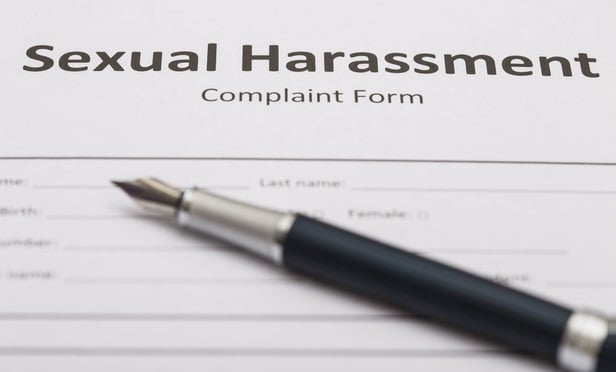
December 05, 2024 | New York Law Journal
Recent Developments Regarding the Ending Forced Arbitration of Sexual Assault and Sexual Harassment Act of 2021On March 3, 2022, President Joe Biden signed the Ending Forced Arbitration of Sexual Assault and Sexual Harassment Act of 2021 (EFAA) into law. The EFAA amends the Federal Arbitration Act (FAA) to prohibit employers from enforcing mandatory arbitration provisions that relate to a “sexual assault dispute” or a “sexual harassment dispute.”
By David E. Schwartz and Emily D. Safko
9 minute read
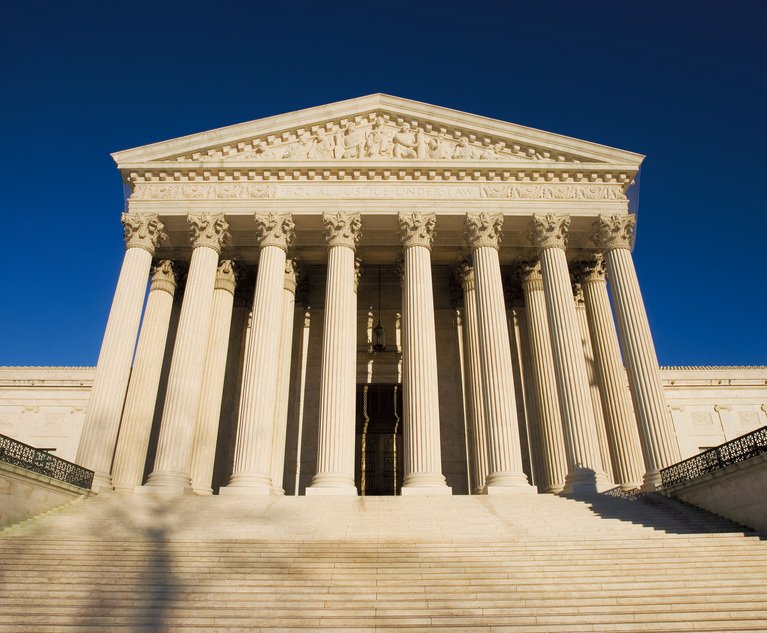
June 17, 2024 | New York Law Journal
Supreme Court Review: Title VII, Retaliatory Intent and Exemption from ArbitrationThis column discusses three recent U.S. Supreme Court rulings that impact an employee's ability to challenge their employer's actions and an employer's ability to compel arbitration.
By David E. Schwartz and Emily D. Safko
8 minute read

December 28, 2023 | New York Law Journal
Recent Changes and Updates to New York LawsHeading into the new year, employers should be mindful of recent updates to New York state and city law. In the past few months, New York has enacted new laws, amended current laws and updated rules concerning social media, settlement agreements, captive audience meetings, wage payment, size bias, and safe and sick time.
By David E. Schwartz and Emily D. Safko
8 minute read

October 20, 2023 | New York Law Journal
New Proposed EEOC Harassment GuidanceThe U.S. Equal Employment Opportunity Commission has issued its Proposed Enforcement Guidance on Harassment in the Workplace, which includes comprehensive guidance on different types of harassment and associated liabilities. This article provides an overview of the proposed guidance.
By David E. Schwartz and Emily D. Safko
7 minute read
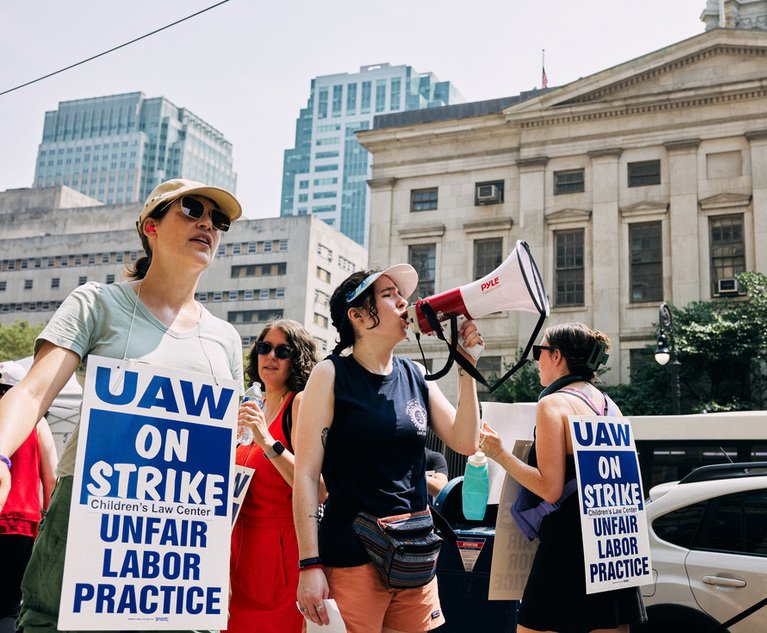
August 17, 2023 | New York Law Journal
Supreme Court Review: Labor Strikes, Salaries, Religious Accommodations and Affirmative ActionThis column reviews the Court's decisions addressing treatment of company property during labor strikes, what it means to be paid a salary, the undue hardship standard for defending the denial of a religious accommodation, and affirmative action.
By David E. Schwartz and Emily D. Safko
8 minute read

June 09, 2023 | New York Law Journal
Uncharted Territories: Unions Versus AI in the Workplace—a Legal Battle for the FutureThe increased use of AI poses particular challenges for employers with unionized workforces. The introduction of new technologies is nothing new for employers and unions. However, the potential disruption that AI could cause to certain industries, including the entertainment industry, has already garnered attention.
By David E. Schwartz and Emily D. Safko
9 minute read
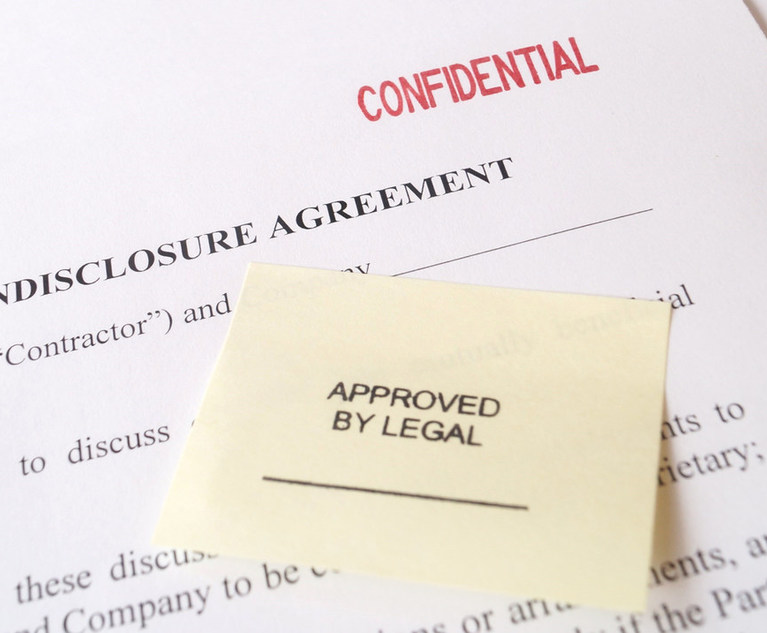
April 11, 2023 | New York Law Journal
Confidentiality Provisions Under Federal, State ScrutinyEmployers must be familiar with the increasingly complicated patchwork of laws regulating confidentiality agreements and other restrictive covenants.
By David E. Schwartz and Emily D. Safko
9 minute read
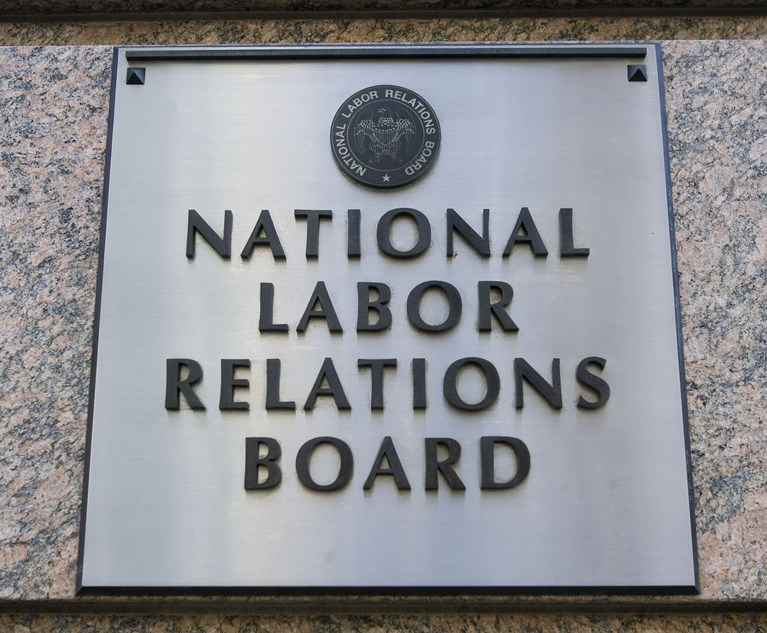
February 08, 2023 | New York Law Journal
NLRB Developments: Expanded Remedies, Micro Units and MoreThis column addresses several recent Board rulings that have a significant impact for all U.S. employers, including those without a unionized workforce.
By David E. Schwartz and Emily D. Safko
9 minute read
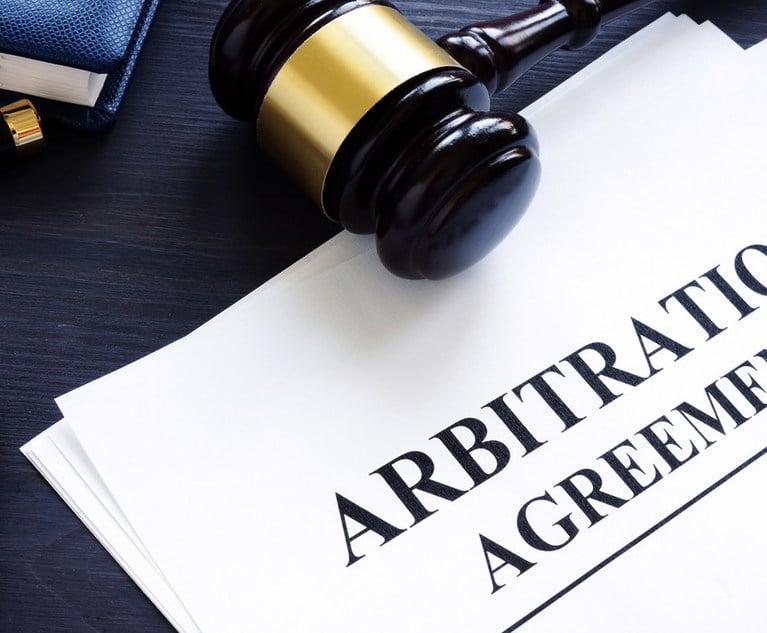
April 27, 2022 | New York Law Journal
Beginning of the End: SASH Act Targets Predispute Arbitration Agreements The Beginning of the End: Ending Forced Arbitration of Sexual Assault and Sexual Harassment Act of 2021The Ending Forced Arbitration of Sexual Assault and Sexual Harassment Act (SASH Act) amends the Federal Arbitration Act to prohibit employers from enforcing predispute arbitration agreements or joint-action waivers relating to sexual assault or sexual harassment disputes brought under federal, tribal or state law.
By David E. Schwartz and Emily D. Safko
7 minute read

February 18, 2022 | New York Law Journal
Employment Law Considerations for ESG in Upcoming Proxy SeasonMany companies have already implemented ESG efforts and many more are considering the issues, including whether to make ESG-related disclosures. Companies should be cautious not to overstate efforts, as doing so may risk Rule 10b-5 violations or other legal liabilities.
By David E. Schwartz and Emily D. Safko
7 minute read
Trending Stories
- 1Court Rejects San Francisco's Challenge to Robotaxi Licenses
- 2'Be Prepared and Practice': Paul Hastings' Michelle Reed Breaks Down Firm's First SEC Cybersecurity Incident Disclosure Report
- 3Lina Khan Gives Up the Gavel After Contentious 4 Years as FTC Chair
- 4Allstate Is Using Cell Phone Data to Raise Prices, Attorney General Claims
- 5Epiq Announces AI Discovery Assistant, Initially Developed by Laer AI, With Help From Sullivan & Cromwell
More from ALM
- Scan In Progress: Litigators Leverage AI to Screen Prospective Jurors 1 minute read
- Legal Speak at General Counsel Conference East 2024: Match Group's Katie Dugan & Herrick's Carol Goodman 1 minute read
- Legal Speak at General Counsel Conference East 2024: Eric Wall, Executive VP, Syllo 1 minute read



